5 things every first home buyer should consider
By MAS Team
On the hunt for your first home? Don’t just fall for street appeal, keep these 5 factors in mind when looking at houses to save you from unnecessary stress and hidden costs.
Buying your first home is an exciting milestone, but it’s also a huge financial commitment. It’s not just about finding a place that feels like home; it’s about making a smart investment that protects your future.
While many first-time buyers focus on things like price and location, it’s equally important to consider factors that can impact your long-term costs – especially when it comes to things like insurance, maintenance and sustainability.
After all, buying a house is about more than just the deposit. It's about making sure you’re getting a property that will stand the test of time and won’t break the bank with unexpected costs or unwelcome surprises further down the track.
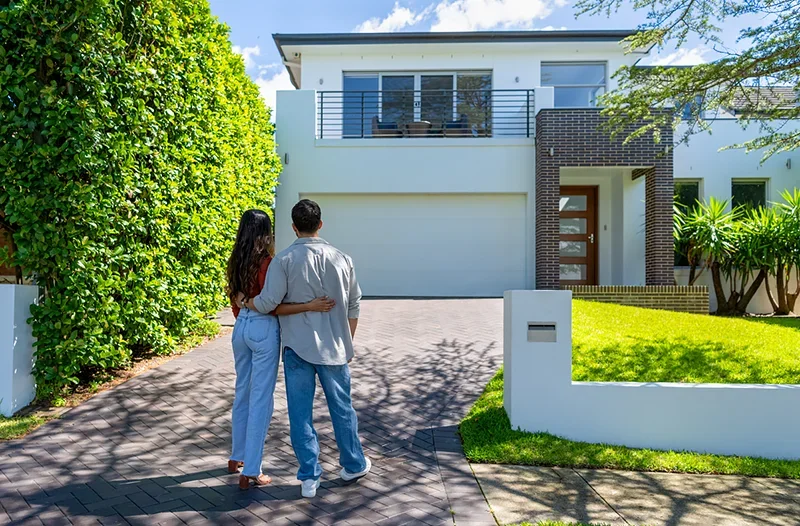
When buying your first home, one of the most crucial factors to consider is insurance as banks require buyers to obtain insurance as a condition of the mortgage. While you might be focused on the home’s price or location, understanding how easily a property can be insured and at what cost, can save you from financial headaches down the line. By evaluating potential risks early, you can prevent future issues that could lead to costly repairs or coverage complications.
Did you know that in New Zealand, insurers are increasingly focusing on risk-based pricing, particularly for properties located in flood-prone areas? According to Treasury data, homes in high-risk areas are facing increased premiums of hundreds or even thousands of dollars as insurers hone in on properties vulnerable to flooding.
That’s why it’s important to evaluate the location of your potential home through an insurance lens. Properties situated in areas prone to natural disasters such as floods, earthquakes or even coastal erosion, may be difficult or more expensive to insure.
Here are some key factors to proactively consider that can affect your home’s insurability and potential future claims.
Homes in flood zones or earthquake-prone areas not only come with potentially higher premiums but may also have certain coverage exclusions. Local councils around New Zealand have detailed online maps where you can search for a specific property to check whether it’s located in a zone prone to these events. Make sure to check local council maps to identify these risks before purchasing.
Properties with poorly maintained roofs are more susceptible to water damage, which is one of the leading causes of insurance claims in New Zealand. Be sure to get a full roof inspection to avoid future leaks. A comprehensive house inspection is essential before buying, and understanding what reports to get when buying a house (such as a LIM report) can help you assess any risks.
Problematic materials like Dux Quest piping or outdated electrical wiring can lead to major insurance issues. Address these during the building inspection to avoid high repair costs or future claims.
By proactively evaluating insurability, you’re taking steps to reduce future claims and ensure that your home remains financially protected. MAS has a helpful House Insurance Application Guide to assist with the details involved in applying for house insurance.
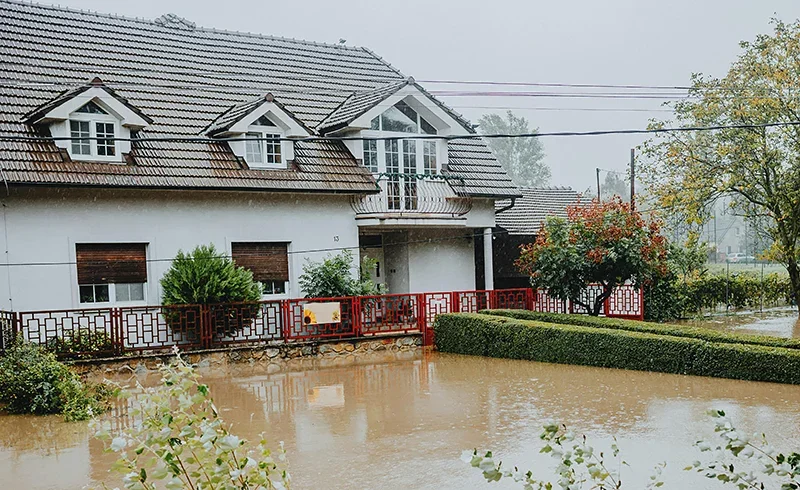
For many first-time home buyers in New Zealand, affordability is a major hurdle. While 2023 Census data shows home ownership rates are improving, high property prices and challenges in securing deposits can make securing a home a daunting process – especially for younger people.
One of the best tools available to first-home buyers is KiwiSaver. The scheme allows eligible buyers to withdraw funds from their KiwiSaver account, providing a much-needed boost to meet the deposit requirements. If you're wondering whether you have the deposit you need to buy your first house in New Zealand, KiwiSaver could make the difference.
Inland Revenue statistics show that every year hundreds of millions of dollars are withdrawn from KiwiSaver accounts to help first-time buyers secure their homes. This trend highlights how crucial KiwiSaver has become in helping Kiwis achieve homeownership.
If you’ve been contributing to KiwiSaver for at least 3 years, you can withdraw most of your savings to put towards your first home purchase. This can be a game-changer for those struggling to meet deposit demands. For more details, check out MAS’s KiwiSaver first home buyers and KiwiSaver first home withdrawal information.
Assessing the affordability of a house involves more than just the deposit. Transitioning from renting to owning a home means factoring in additional costs:
Aside from the deposit, keep an eye on current interest rates. Even small changes can make a big difference in your overall mortgage repayment. Comparing rates between banks and lenders is key to securing the most affordable loan.
From lawyer’s fees and Council rates to builder’s inspections and body corporate levies, many first-time buyers overlook additional one-off or ongoing costs that can add up quickly. Make sure to budget for these to avoid surprises down the line.
Ensuring you have comprehensive house insurance is essential when securing a mortgage. Not only is it often a requirement from lenders, but it also protects you from unexpected damages. MAS offers competitive house insurance options designed to give you peace of mind as you take this important step.

New Zealand’s weather and housing stock can present some unique challenges when it comes to home maintenance. From strong winds and heavy rains to harsh sunlight in certain regions, our homes endure a lot compared to many other countries. Some homeowners, especially in coastal or high-wind areas, can also face higher costs for maintaining roofing and exterior cladding due to weather exposure.
The quality of New Zealand’s housing stock also varies, with many older homes not built to modern insulation or moisture control standards. This can result in higher maintenance demands, especially in regions with wet, windy winters.
Here are some key areas to focus on for house maintenance:
Ensuring your home is watertight is essential. Roof inspections are crucial, as leaks can lead to significant damage over time.
Many New Zealand homes, particularly older ones, suffer from poor ventilation leading to issues like mould and dampness. Proper insulation and ventilation are key to keeping your home dry and healthy.
New Zealand is in a seismically active zone, so it’s important to assess how earthquake resistant your home is. Strengthening the foundation and ensuring secure bracing for chimneys and walls can help prevent damage.
Should I buy a monolithic cladding house? Monolithic cladding can be susceptible to moisture-related issues, so it’s essential to check for signs of leaks or rot. Failure to address these issues can result in hidden costs to repair the home and maintain its value.
By staying on top of maintainability, you’ll ensure that your home can withstand New Zealand’s weather extremes and remain safe and comfortable for years to come. Proactively managing these aspects can help avoid significant repair bills and insurance claims down the line.
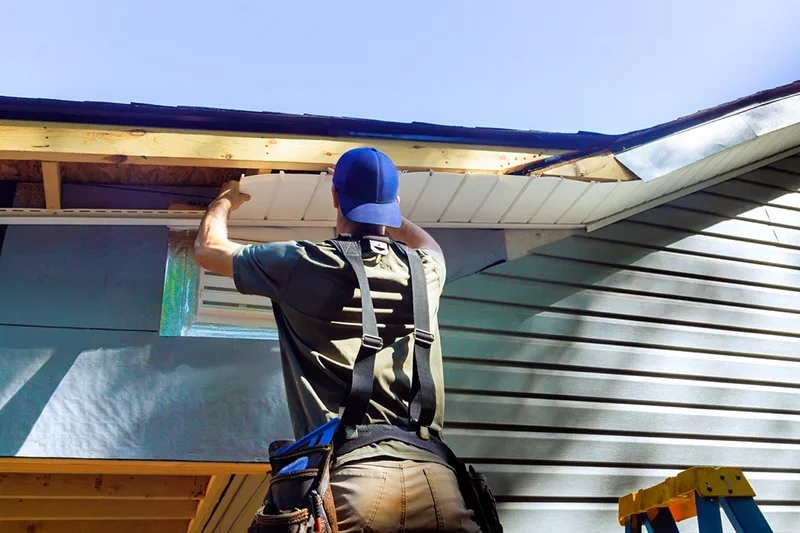
When buying your first home, it’s essential to consider how well the house will fit your day-to-day life. Liveability is more than just the size and layout, it's about how comfortable and practical the property will be for you over time. Even though this might be your first home, you may well end up living there longer than you expect.
Think about how you live now and how the home will fit with your lifestyle:
New Zealand homes, especially older villas and bungalows, are notorious for being cold in winter. Prioritise homes that get plenty of sunlight, particularly north-facing rooms, which can help reduce heating costs and improve comfort.
Your location can matter as much as the house itself. Consider how long your commute to work will be, whether the area is safe and quiet, and whether it has amenities nearby that suit your lifestyle, such as parks, a supermarket, or public transport. Noise can also be a big factor in urban or high-traffic areas—consider driving around the neighbourhood at different times to gauge noise levels from traffic or other sources.
Whether you're living solo or planning to start a family, storage and space for growth are key. If you love the outdoors, look for homes with sunny, sheltered decks and garden areas. If kids are in your future, does the house have a bath, enough bedrooms, or room to expand?
Liveability isn’t just about immediate needs – it’s about how well the home will serve you in the years to come. In New Zealand, where many first homes become long-term residences, it’s important to think about how the house can evolve with you. Whether it's setting up a home office, adding a deck for summer BBQs, or making space for a growing whānau, your home should offer flexibility to adapt as life changes.
Be aware of properties that may have restrictive cross leases, body corp rules or covenants, as these can limit your ability to make changes or renovations that you might be keen on in the future. They can also lead to potential disputes with neighbours which can be time consuming, stressful and costly.
By focusing on liveability, you’re ensuring that your home enhances your lifestyle and provides long-term enjoyment.
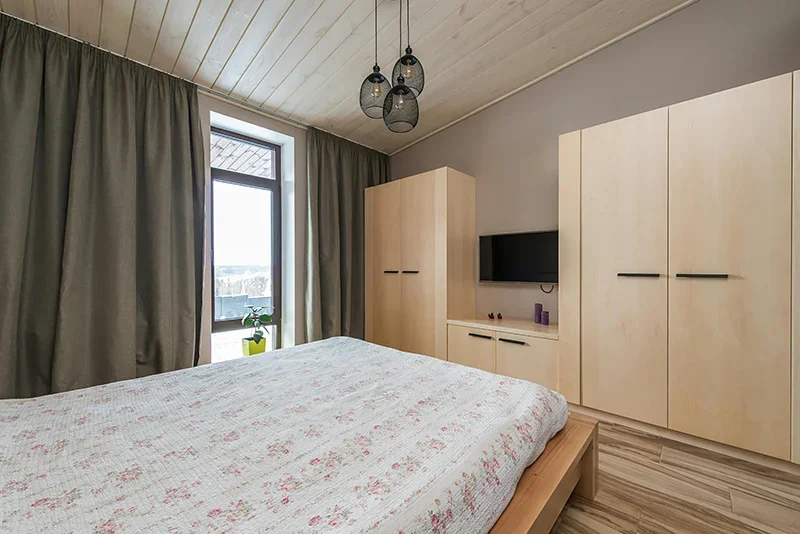
Sustainability is about more than just the materials used to build your home. It’s also about the energy efficiency of the house, which can have a significant impact on your ongoing costs. In New Zealand, where energy bills can quickly add up, investing in an energy-efficient home can save you money in the long run while reducing your environmental footprint.
Here are some factors to consider when evaluating the sustainability of a home.
Homes equipped with solar panels can cut energy bills, especially in regions with plenty of sunshine. Solar energy is becoming more accessible in New Zealand, and some regions offer incentives for homeowners to install panels.
Double-glazed windows are incredibly effective at insulating homes, but they come with a hefty price tag in New Zealand. If your potential home doesn’t have double glazing, you’ll need to weigh the cost of retrofitting it against the energy savings over time.
Many older homes in New Zealand were built with substandard insulation. Check if the house has ceiling, wall, and underfloor insulation to ensure it retains heat during winter, reducing your heating bills.
Look for homes with energy-efficient appliances like heat pumps, water-saving fixtures, or energy-star-rated appliances. These can help lower your power usage and minimise your carbon footprint.
By considering sustainability, you can future-proof your home while also cutting down on long-term energy costs, making your home both eco-friendly and wallet-friendly.
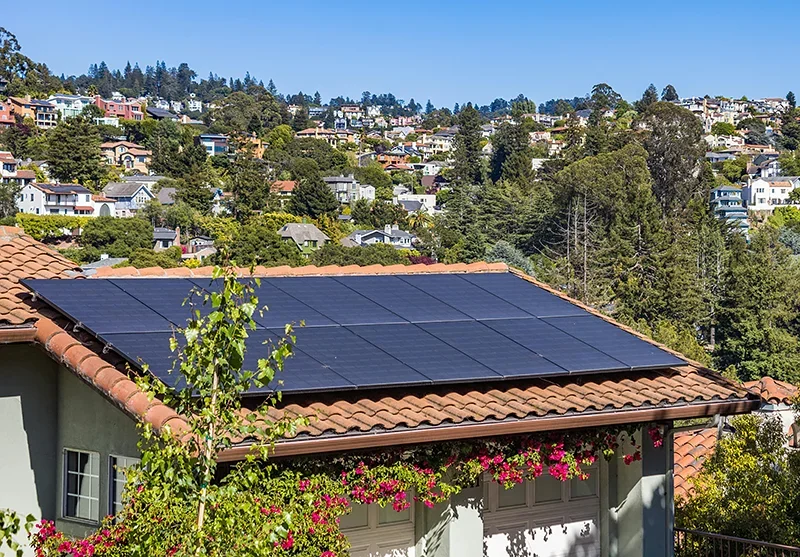
Remember, buying a home is a journey. But with these 5 factors in mind, you can be confident you’re making smart, informed decisions every step of the way.
For more information on MAS Home Insurance, contact the MAS team on 0800 800 627.
This article provides general information only and is not intended to constitute financial advice. Before taking out any insurance product, you should carefully consider the terms and specific policy wording. Underwriting criteria will apply.

If you think you might need life insurance, the process for getting it is pretty simple. Here’s a step-by-step breakdown of getting life insurance with MAS.

Figuring out exactly how much contents insurance cover you need can be difficult. Here’s our guide to how much contents insurance you need, and how to make sure you’re covered if the worst happens.

Buying your first home is one of the biggest financial decisions you’ll ever make. Make sure you’ve budgeted for all the expenses that come with finding and securing your house, so that the extra costs don’t eat into your deposit.